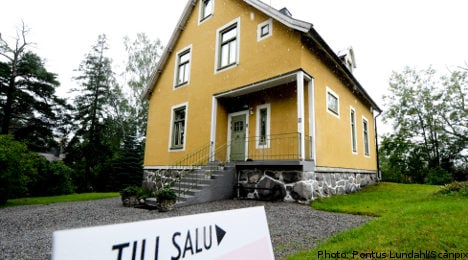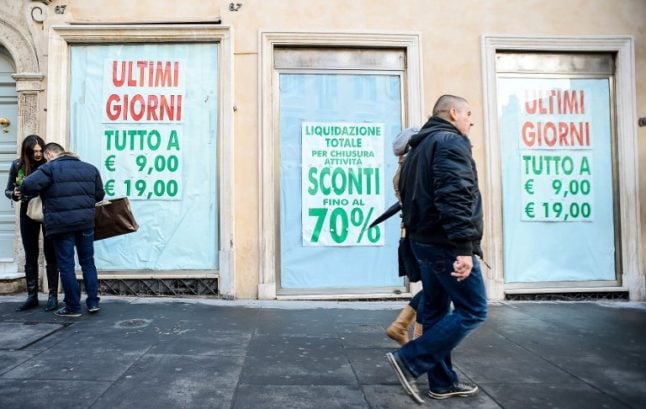“We estimate that house prices have peaked, and we believe that interest rates are set to continue to rise. Therefore house prices will probably continue to fall,” said Peter Doyle at the IMF said at a press conference on Wednesday.
The IMF warned in its annual assessment of the Swedish economy, that Swedish house prices are in line for a fall even if the eurozone debt crisis does not impact on growth.
With this scenario in mind, the IMF has cautioned against an aggressive tightening of monetary policy.
Peter Doyle also said the situation in the Swedish financial sector during the financial crisis was much worse than most people realized then. He likened the situation of an impending heart attack which required extensive coronary artery surgery.
“It is important that the Swedish people understand how serious the situation was.”
One of the reasons for the problems, the IMF explained, is that the Swedish banking sector is different from many other countries in that it is larger, more concentrated, dependent on short-term financing, and has extensive operations outside of Sweden.
The IMF also assessed that the Financial Supervisory Authority (Finansinspektionen – FI) had difficulty managing its task, primarily due to lack of resources.




 Please whitelist us to continue reading.
Please whitelist us to continue reading.
Member comments